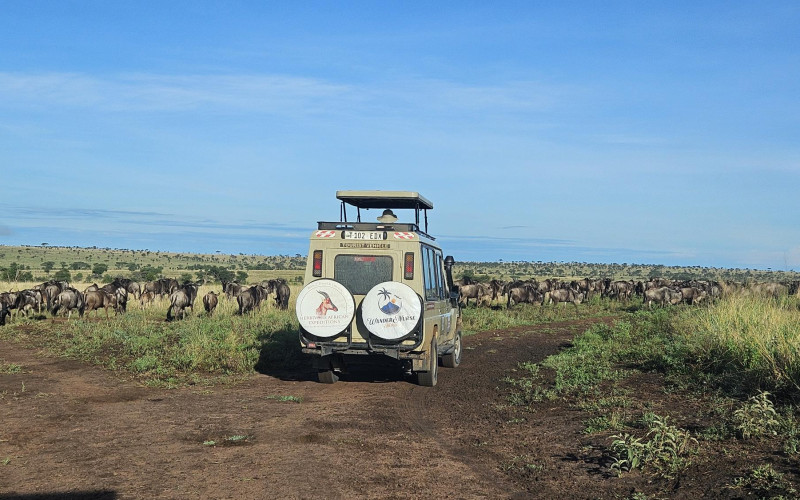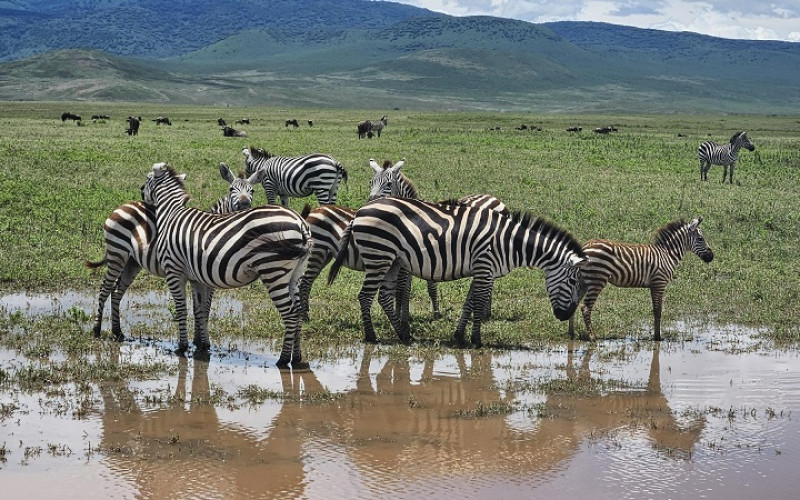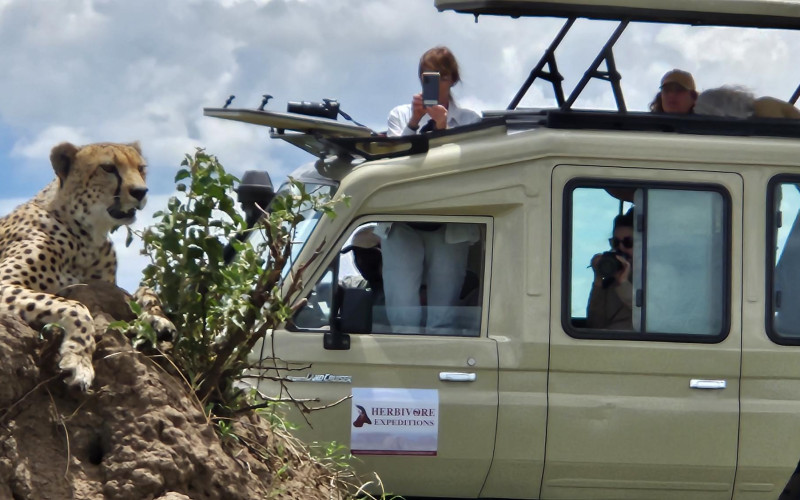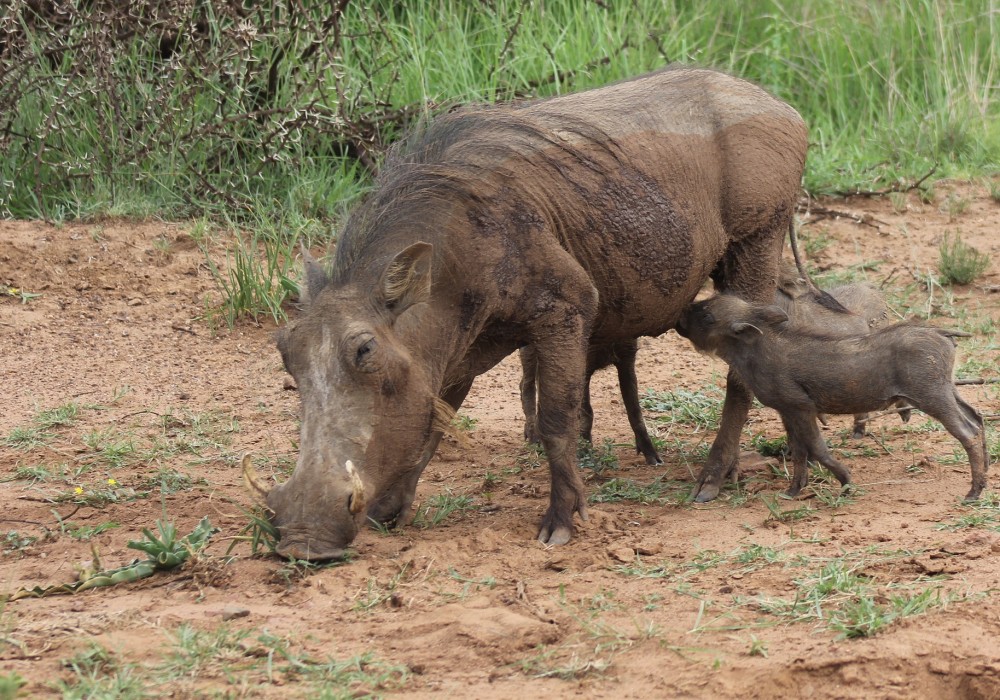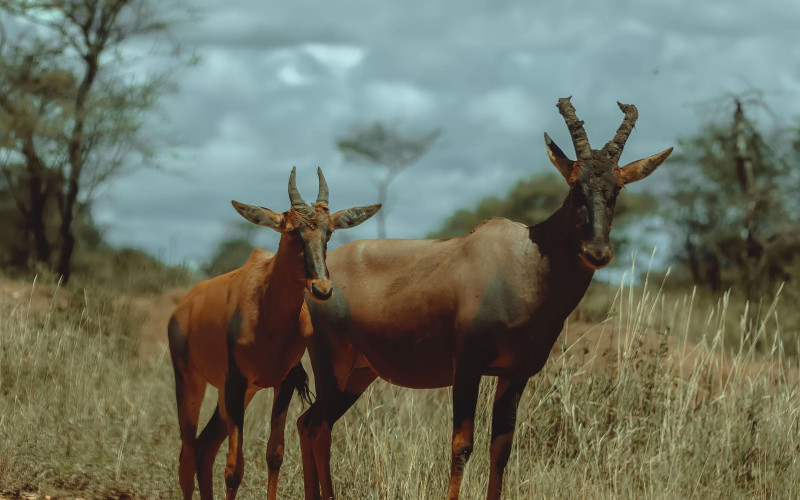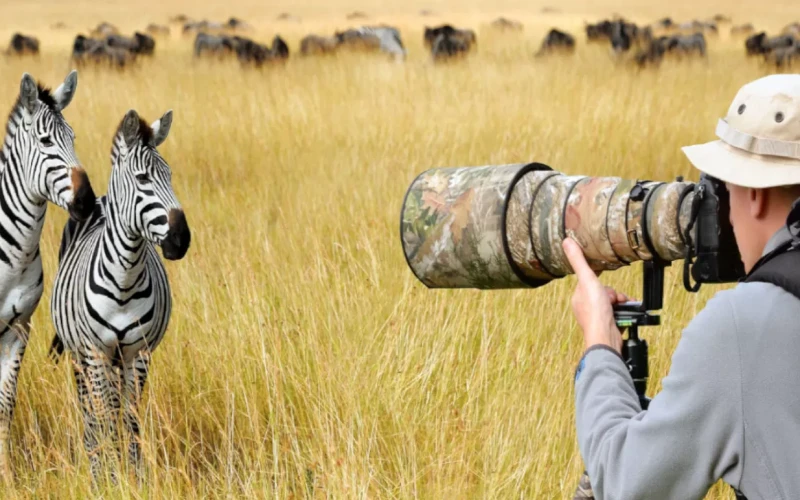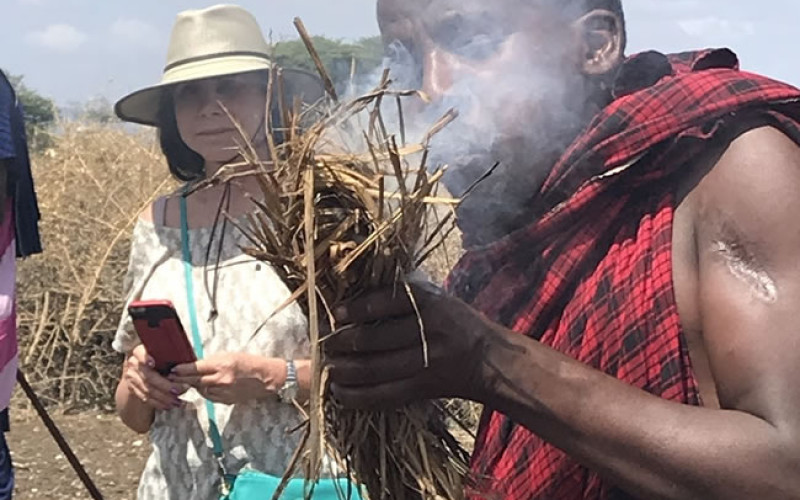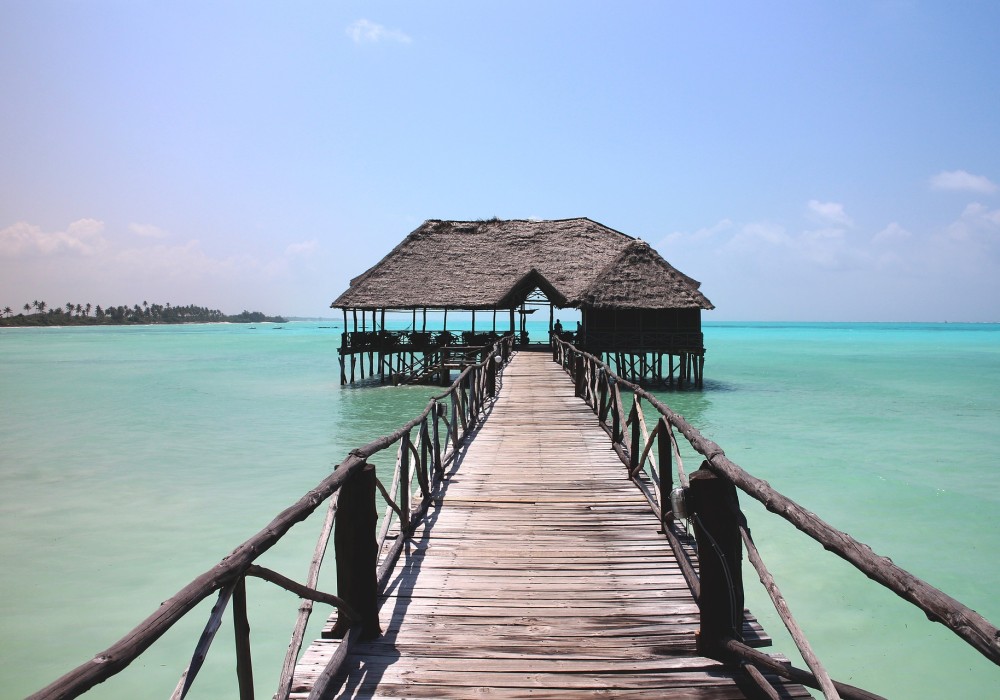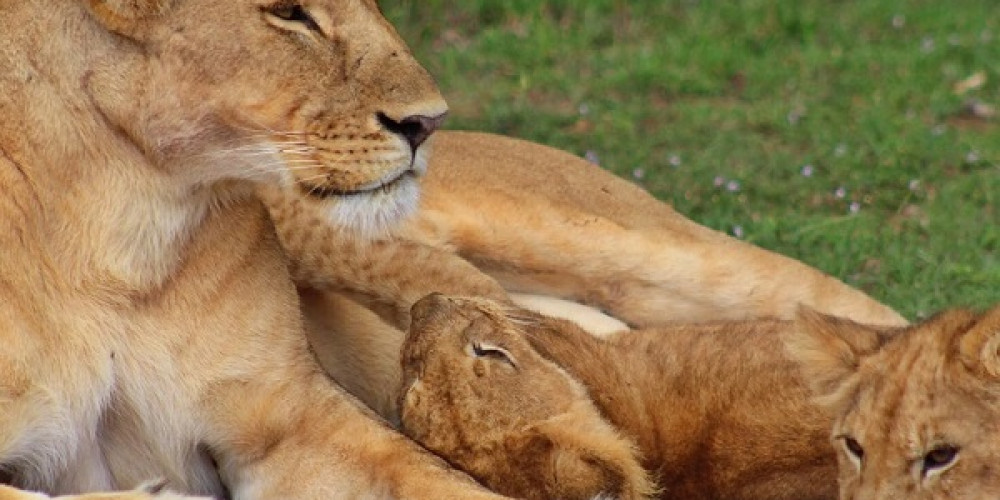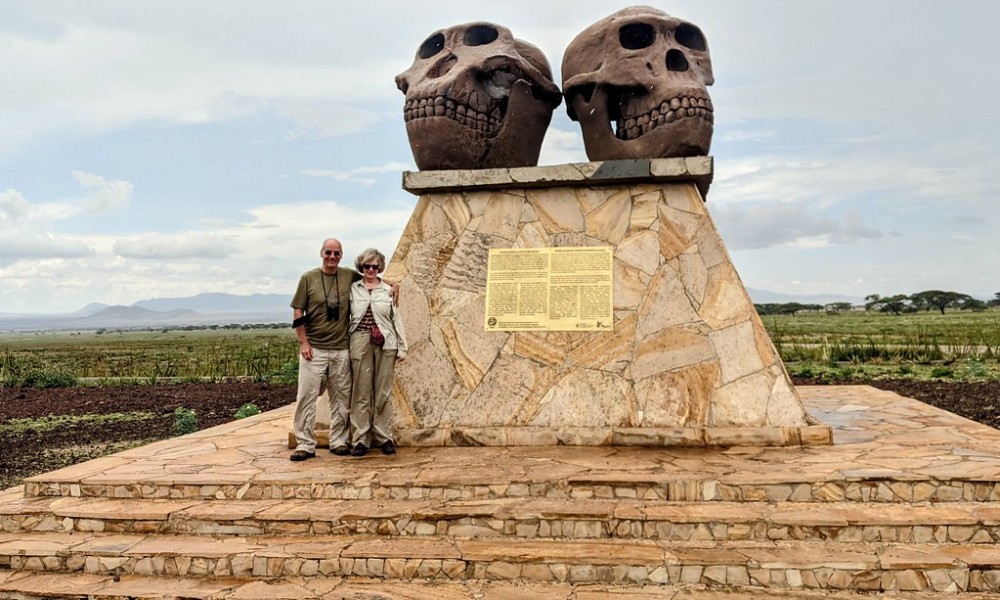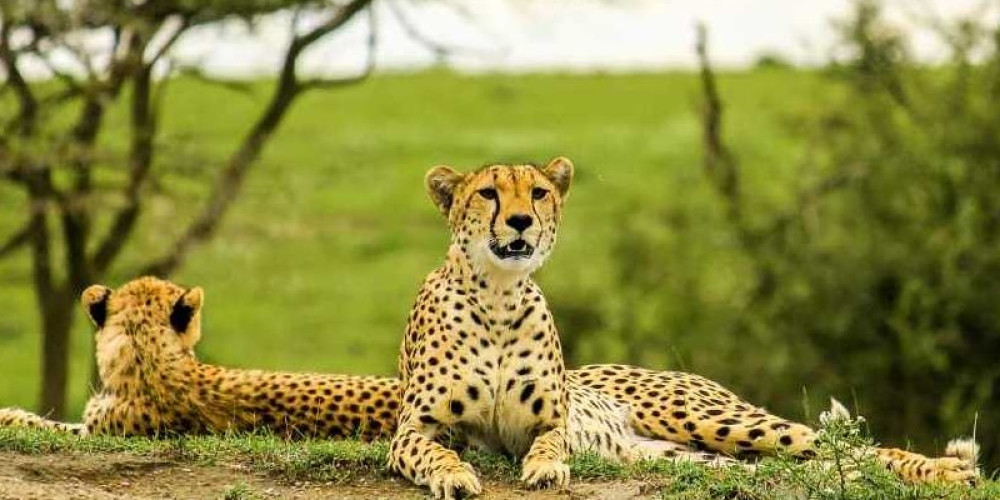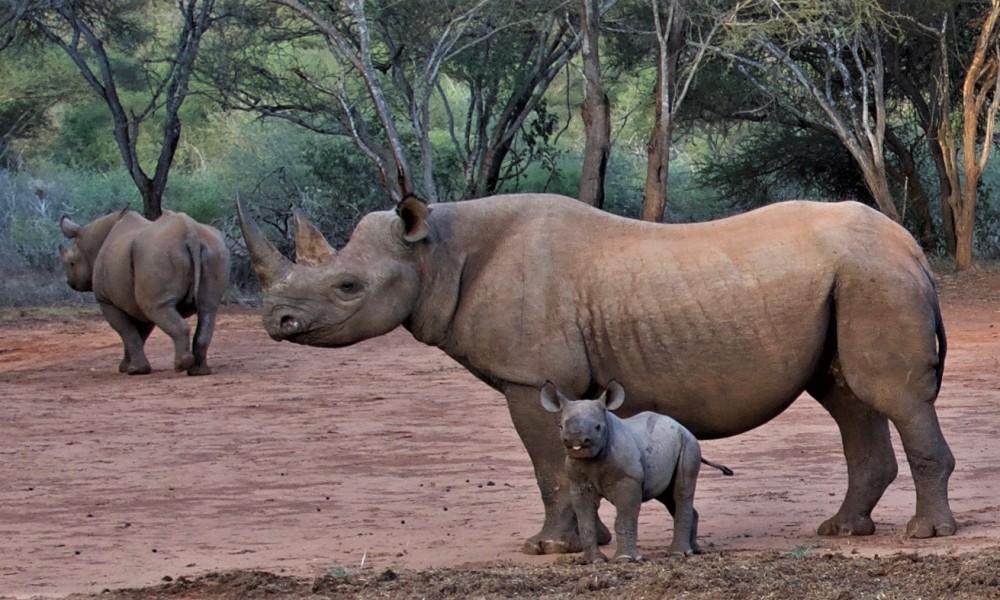
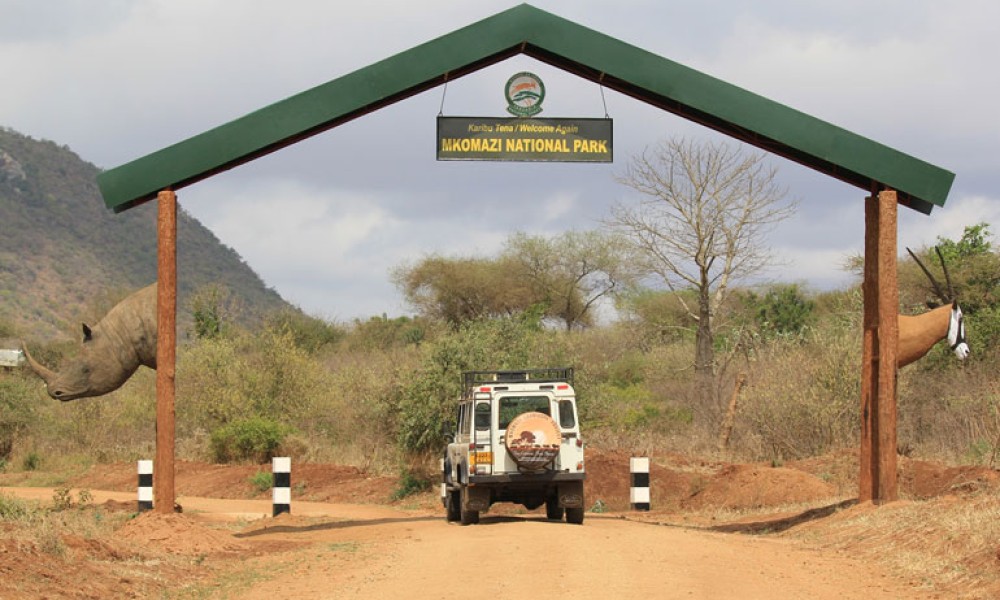
Mkomazi National Park
Mkomazi is a virgin beauty exhibiting rare natural treasures and an immense sense of space, which adds to the fulfillment of high visitor enjoyment expectations and provides a much-needed bridge between the northern circuit and coastal attractions. It is situated beneath the verdant slopes of the magnificent Usambara and Pare Eastern Arc Mountain Ranges and overseen by the iconic snow-capped peak of Kilimanjaro.
Every day, thousands of people pass within a few kilometers of Mkomazi on one of Tanzania’s busiest highways. These and the northern circuit safari-goers are now most welcome to discover the treasures of this wedge of hilly, semi-arid savannah—home of large herds of giraffes, eland, hartebeest, zebra, buffalo, and elephant.
Mkomazi is a vital refuge for two highly endangered species: the charismatic black rhino and the sociable African wild dog, both of which were successfully reintroduced in the 1990s. Nomadic by nature, wild dogs might be seen almost anywhere in the park; however, black rhinos are restricted to a fenced sanctuary, ensuring their safekeeping for the enjoyment and prosperity of future generations.
Mokomazi supports several dry-country specialist species that are rare elsewhere in Tanzania; these include the spectacular fringe-eared oryx, with its long, back-sweeping horns, and the handsome spiral-horned lesser kudu. Oddest of all is the gerenuk, a gazelle distinguished by its slender neck, bizarre alien-like head, and habit of standing tall on its hind legs as it stretches for acacia leaves that other browsers cannot reach.
This new national park takes its name from a Pare tribe word that means “scoop of water,” referring to a small amount of water. It is a fantastic destination for birdwatchers, with more than 450 avian species recorded, among them are the dry-country endemics such as the cobalt-chested vulturine guinea-fowl, other large ground birds such as the ostrich, the kori bustard, the secretary bird, the ground hornbill, and some migratory, including the Eurasian roller.
Location: Northern Tanzania is split between the Kilimanjaro and Tanga administrative regions. The park is bordered to the west by Kenya’s Tsavo National Park. The Zange entrance gate lies 112 km (69 miles) from Moshi, 550 km (341 miles) from Mwalimu J. K. Nyerere International Airport—Dar es Salaam, 142 km (88.7 miles) from Kilimanjaro International Airport, 120 km (75 miles) from Kilimanjaro National Park, and 6 km (3.7 miles) from the town of Same.
How to get there
By road, Mkomazi is easily accessible via Same, which lies on the surfaced highway connecting Arusha to Dar es Salaam. The park is also easily accessible with special arrangements through the Njiro, Kivingo, and Umba gates. The park can also be easily accessed from the nearby existing tourist attractions in the Eastern Arc Mountains, the Coast, and Kilimanjaro Mountain. Charter flights are available to Kisima airstrip.
What to do
Optional activities include game drives, camping, sightseeing, bird watching, a walking safari, and uphill hiking.Learn more about conservation and rhinos at the Mkomazi rhino sanctuary.
Accommodation
There is one semi-permanent tented camp near the park headquarters. There are a few designated basic campsites where one must bring his or her own camping gear and food. There are several small hotels and guest houses in the same town.
